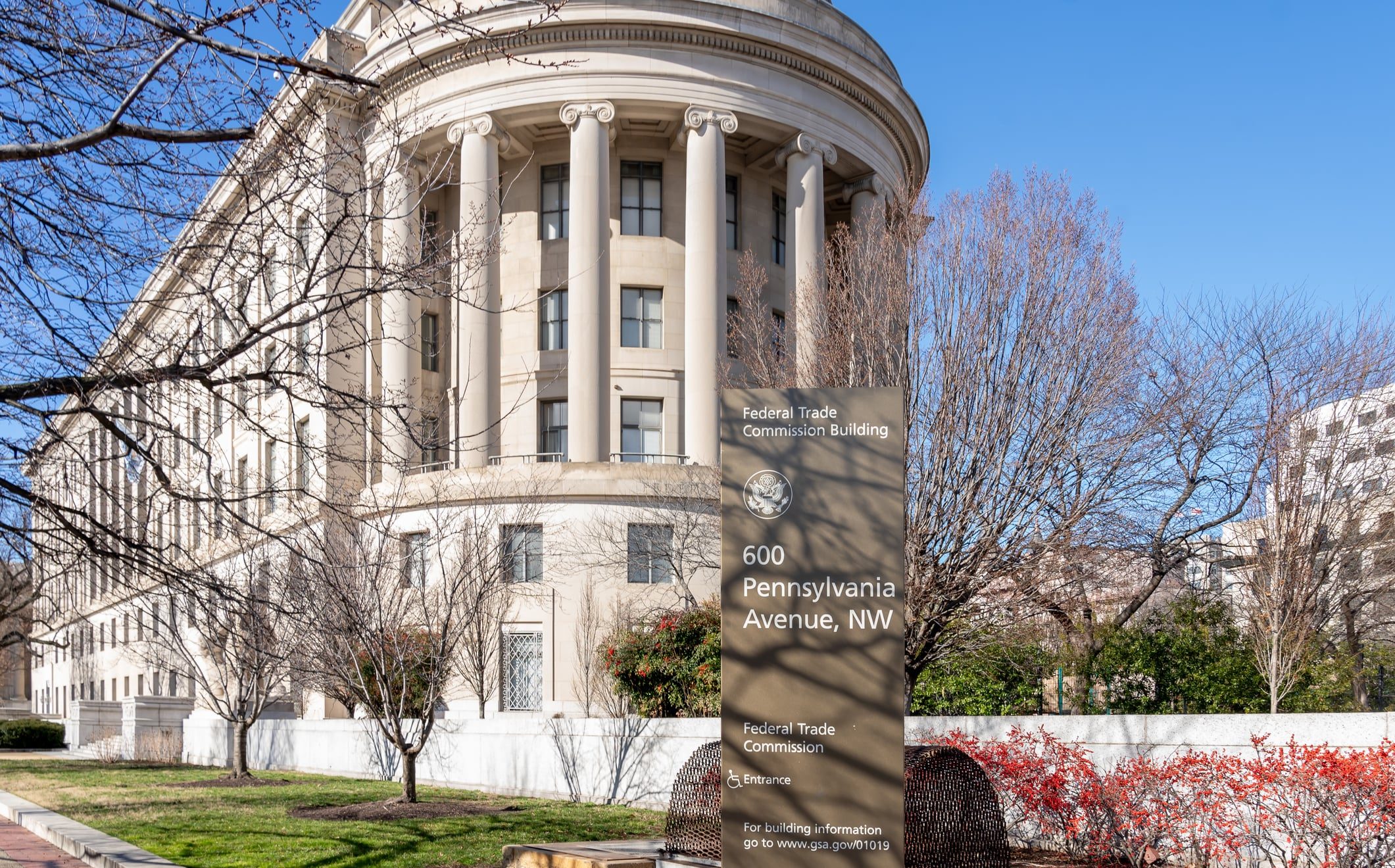The Federal Trade Commission (FTC) has released updated endorsement guidelines, prompting marketers and influencers to reassess their practices.
The guidelines ensure transparency when celebrities, influencers, or consumers receive compensation for promoting or reviewing products.
The FTC’s recent update requires marketers and influencers to go beyond using hashtags like “#ad” on social media.
Read More: Microsoft-Activision hearing starts as FTC aims to block $75 billion deal
The aim is to ensure that all users can immediately recognize sponsored posts without the need to click or read the full text.
The guidelines provide detailed instructions to avoid potential penalties and address emerging issues, including AI-powered virtual personalities.
The FTC’s move suggests a shift towards more prominent cases, similar to those involving Lord & Taylor and Teami.
In 2016, Lord & Taylor settled with the FTC after allegedly failing to disclose paid promotions by fashion influencers.
Read More: FTC sues Amazon over “dark patterns” that made customers sign up to Prime
Teami was sued in 2020 for making false claims about its products and not disclosing influencer relationships.
The FTC awarded $930,000 to Teami customers.
To combat non-compliance, the FTC raised penalties for each violation and heightened brand reputational risks as media coverage and scrutiny amplified with well-known companies.
The updated guidelines provide additional clarity on specific disclosure points.
Read More: Meta fights back against FTC in privacy violation case
For example, tagging a brand or using hashtags like #sponsored or #ad is insufficient if not visible to all users.
This requirement affects platforms like TikTok, where disclosures must be incorporated into the video rather than just the text.
Virtual influencers powered by AI programs will also be held to the same standards as real-world influencers, with brands responsible for proper disclosures.
Marketers must reconsider assumptions regarding ad disclosures for traditional celebrity endorsers.
Need Career Advice? Get employment skills advice at all levels of your career
Even a small percentage of the audience unlikely to understand an endorser’s arrangement necessitates clear disclosures.
Marketing to children is another area of interest, with the FTC acknowledging that standard disclosures may not work for them but has yet to release further guidelines.
The guidelines also address product reviews, requiring companies to disclose any incentives provided for positive reviews or exclude them from total ratings.
The FTC has proposed a new rule to ban deceptive practices on review sites, which could become a greater priority for the FTC than influencer marketing.




